Waqf Amendment Bill Sparks Concerns Among Muslim Community in Punjab
The proposed Waqf Amendment Bill has stirred apprehension among members of the Muslim community in Punjab, who fear that it could lead to the transfer of ownership rights of Waqf properties—including graveyards located on land owned by local bodies—to the government. A key point of contention is the inclusion of non-Muslim members on Waqf Boards, even if only for administrative purposes.
Many within the community view this move as an infringement on religious autonomy. “If other religious boards like the SGPC or temple shrine boards do not have members from other faiths, why is such a proposal being made for the Waqf Board?” questioned several prominent Muslim community members, who spoke on condition of anonymity.
Shahi Imam of Punjab, Maulana Mohammad Usman Ludhianvi, expressed his disappointment, stating, “Rather than introducing such controversial provisions, the government should focus on constructive amendments—such as mandating the establishment of new schools, colleges, and healthcare facilities for Muslims or tackling corruption within the Waqf Board.”
The Bill has also reignited discussion around the long-standing issue of encroachment on Waqf properties in Punjab. Established in 2003, the Punjab Waqf Board manages 25,403 estates comprising 75,965 units, generating an annual income of approximately ₹50–60 crore. However, nearly 56% of these units—42,684 properties—are under illegal occupation, reportedly by influential individuals, including politicians and police officials. Bathinda district has the highest number of encroachments.
According to Latif Ahmed, CEO of the Punjab Waqf Board, 1,637 legal cases are currently pending regarding encroachments: 1,157 in lower courts, 462 in the Punjab and Haryana High Court, and 18 in the Supreme Court. Data from the Waqf Assets Management System of India shows Punjab has the highest encroachment rate on Waqf properties in North India. In contrast, Haryana has an encroachment rate of just 0.78%, Himachal Pradesh 23.75%, and Uttar Pradesh—despite having the largest number of Waqf properties—only 0.97%.
Community leaders argue that many of the proposed reforms are not new. For instance, women have been serving on Punjab’s 10-member Waqf Board since 2013. In the current board constituted on March 13, two women—Sobia Iqbal and Yasmeen Parveen—are members. Punjab has also had three female chairpersons in the past: Nisara Khatoon, Zainat Akhtar, and Razia Sultana. Furthermore, the proposed digital portal for Waqf properties is already operational.
The concerns are not limited to the community alone. Political parties across the spectrum—including the Aam Aadmi Party (AAP), Congress, and Shiromani Akali Dal (SAD)—have voiced strong opposition to the Bill. Punjab Chief Minister Bhagwant Mann recently reiterated his party’s stance, declaring that AAP would oppose the legislation “tooth and nail” both in Parliament and in the Punjab Vidhan Sabha.
As debate around the Bill intensifies, calls for a more inclusive and transparent consultation process are growing louder, with stakeholders urging the government to respect religious sensitivities while addressing administrative and legal challenges facing the Waqf system.

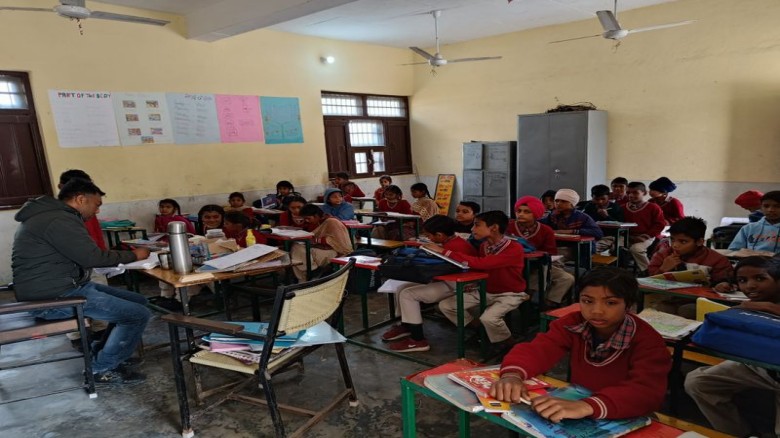
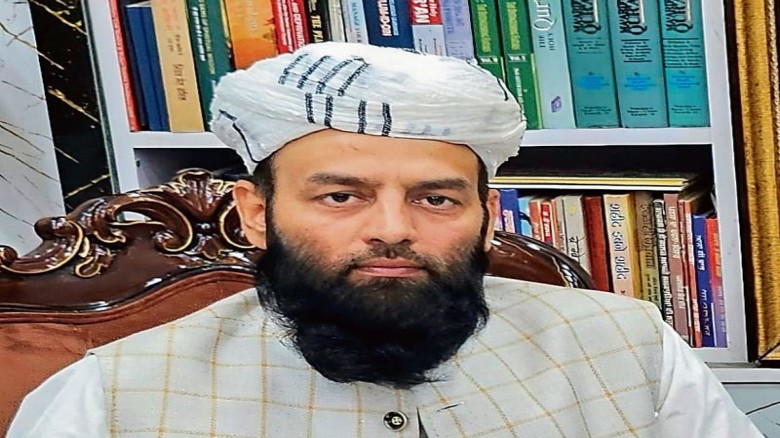
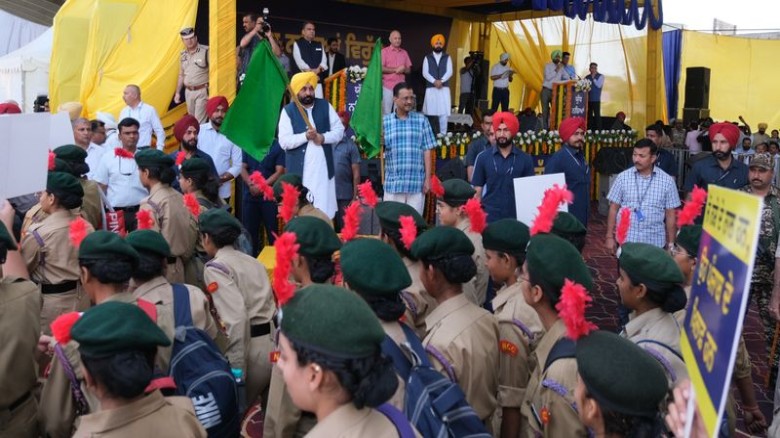
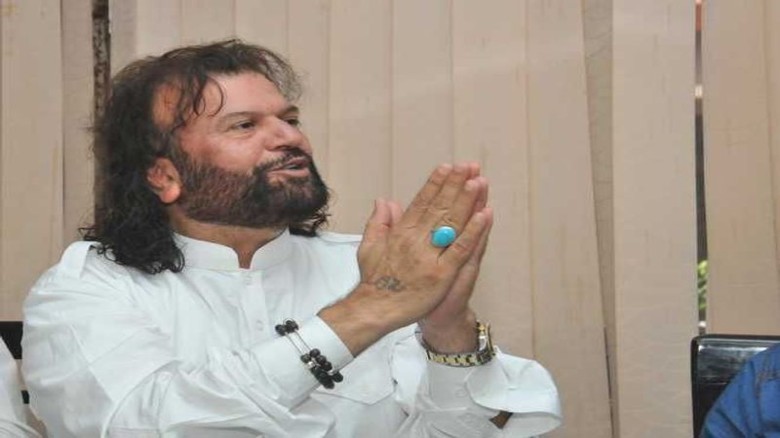




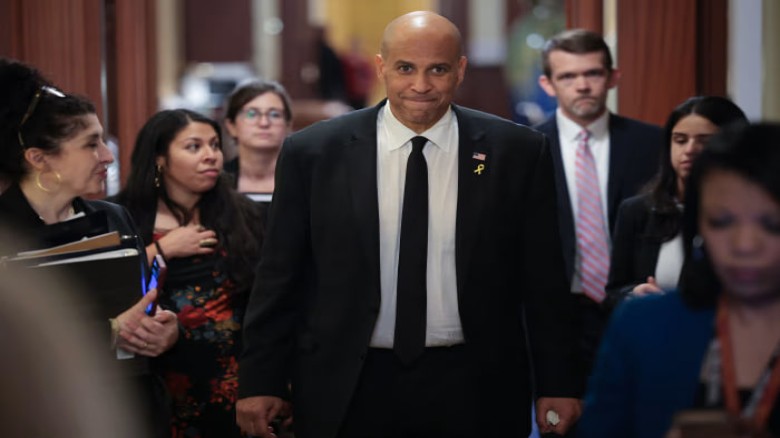
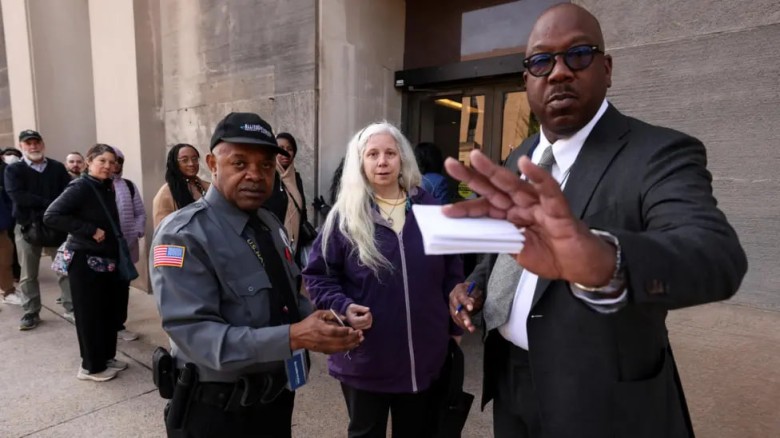




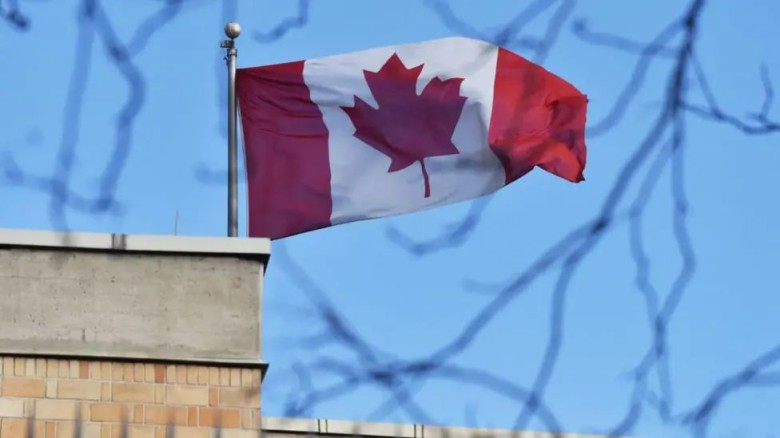
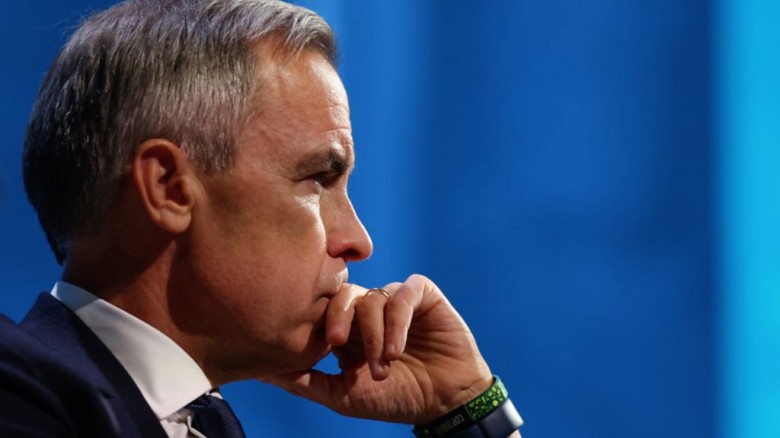

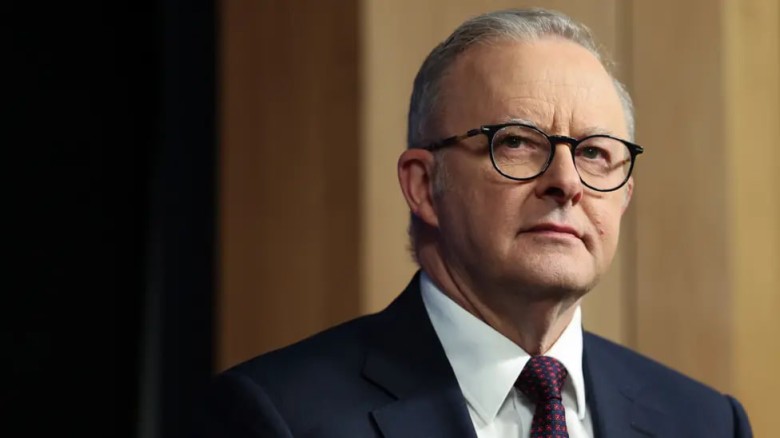




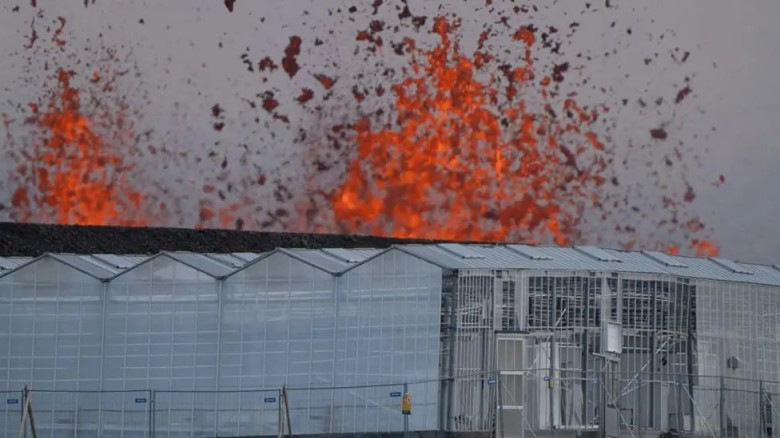
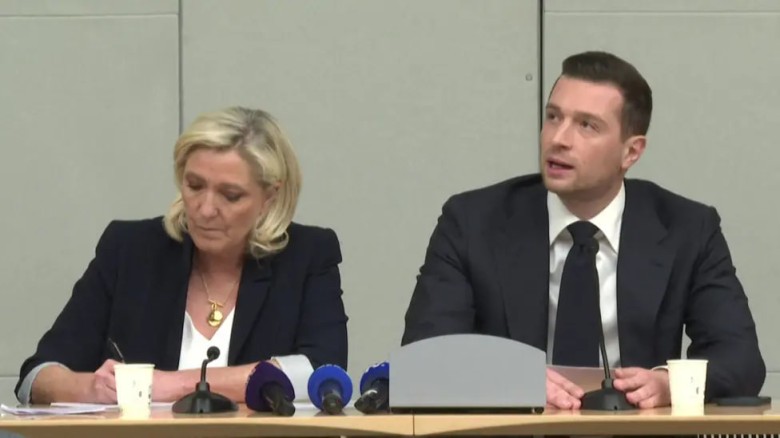
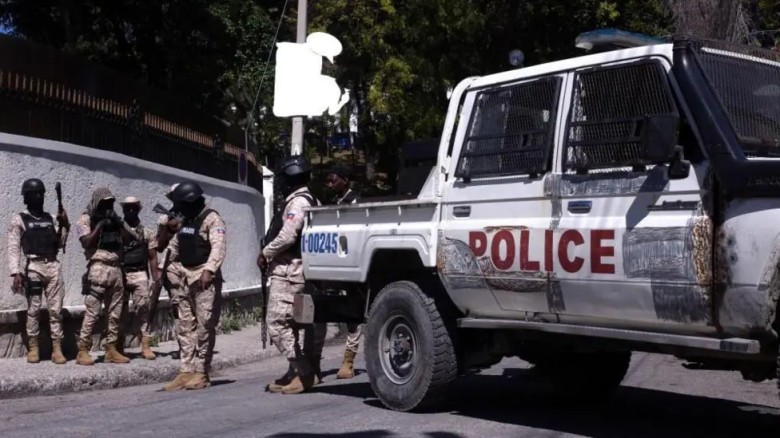


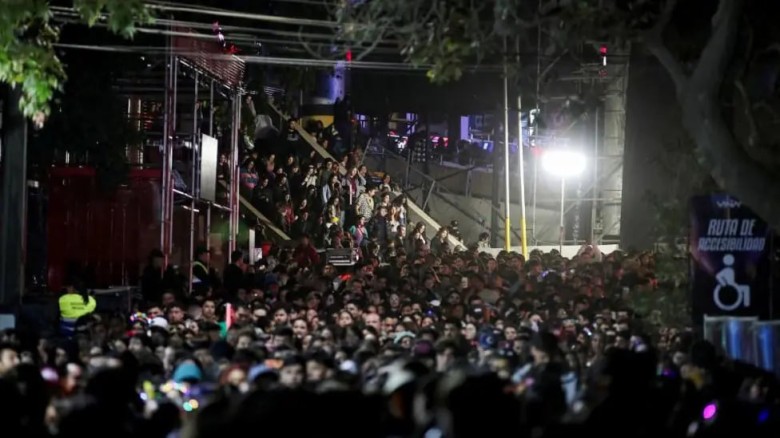





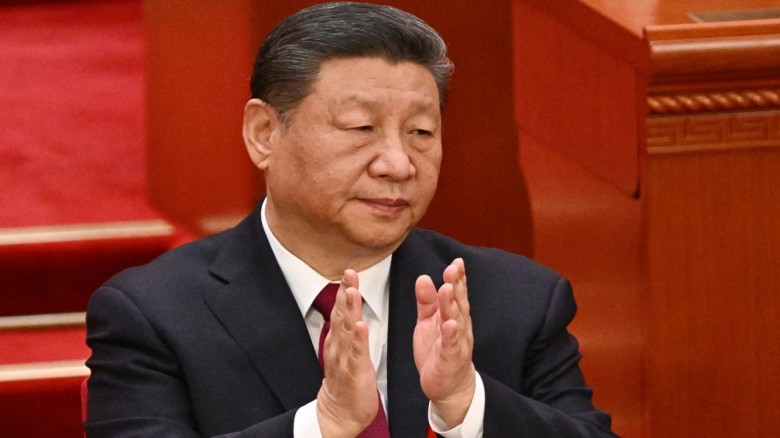
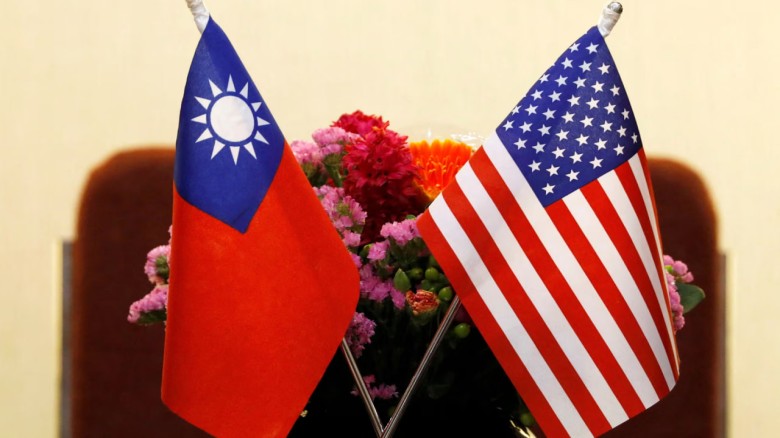

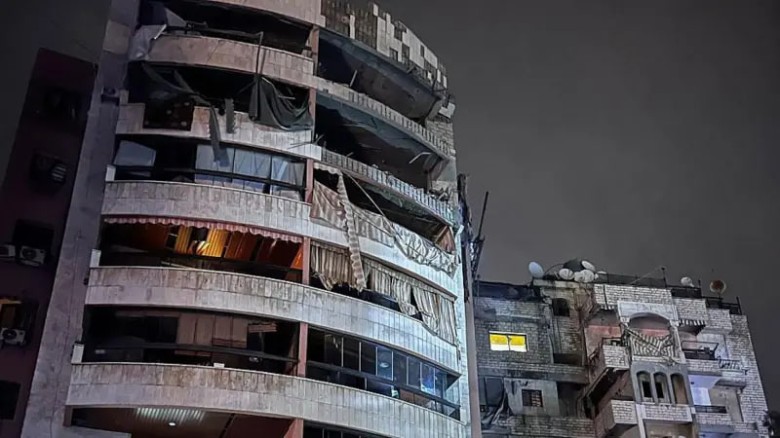
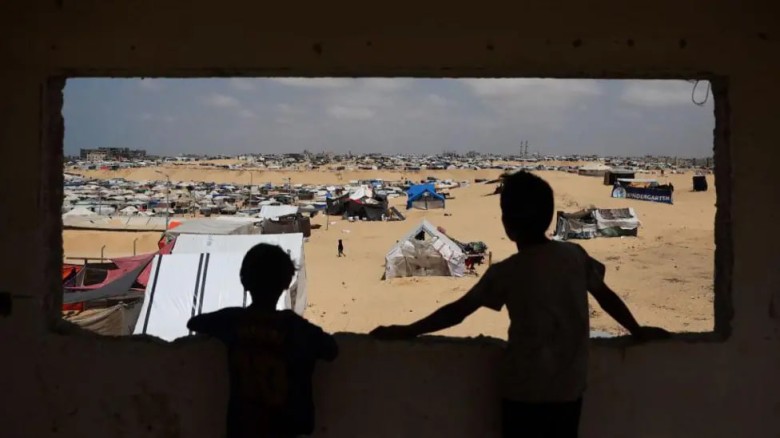
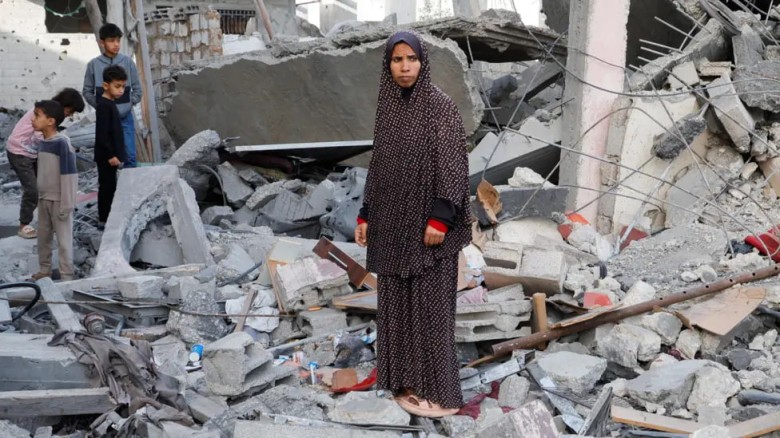
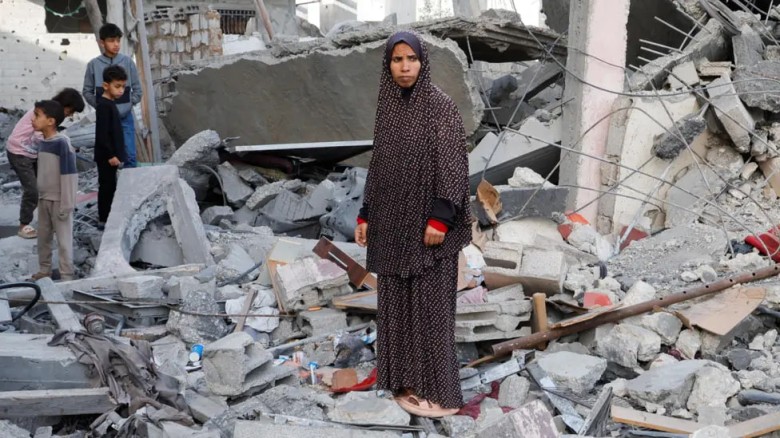

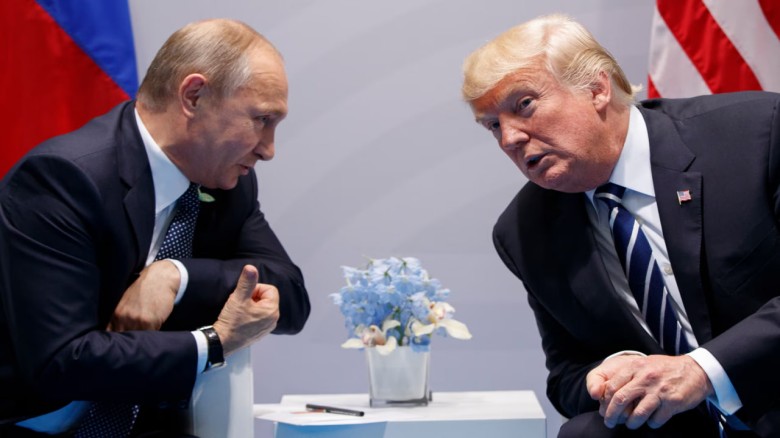







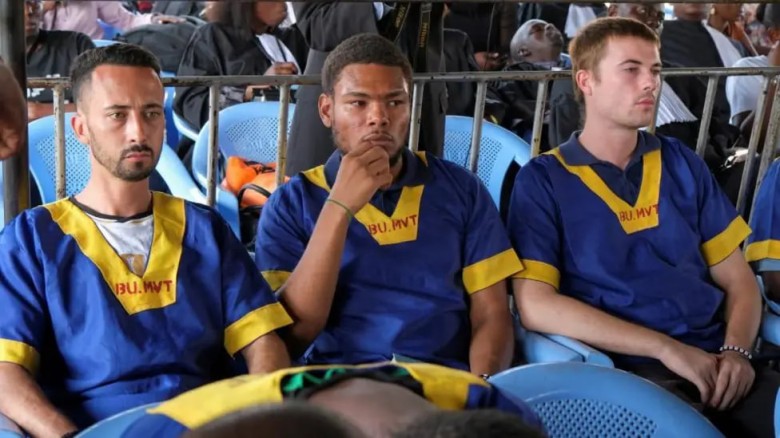


















Leave A Comment